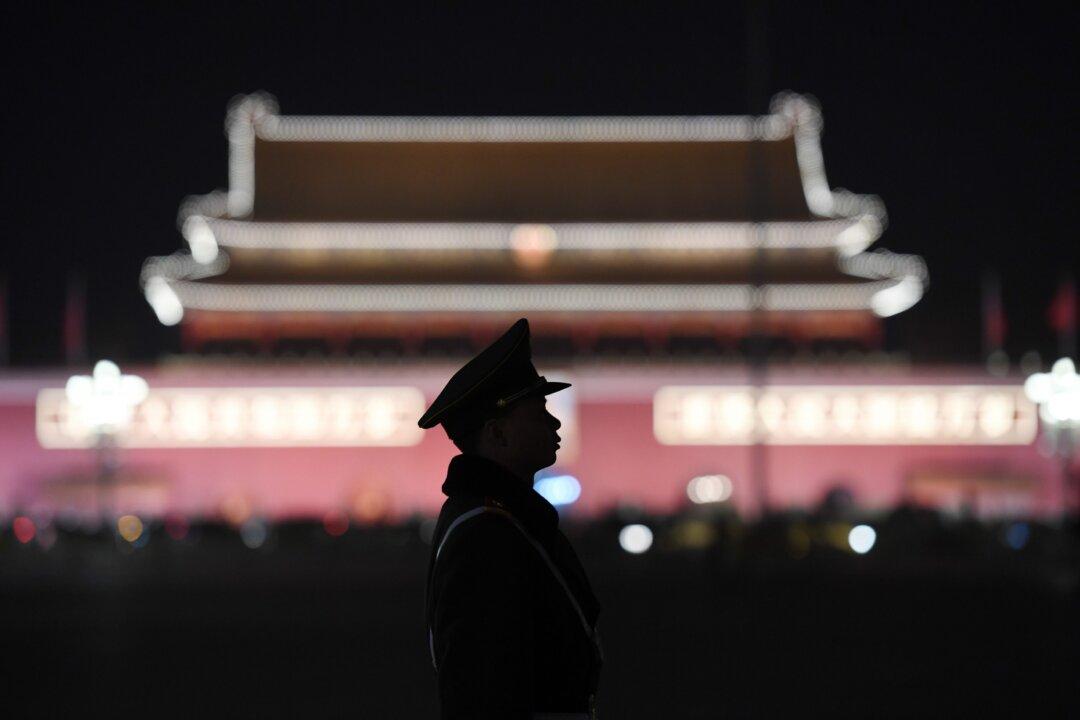Just before the July 1 anniversary of the founding of the Chinese Communist Party, the U.S. State Department issued the 2018 International Religious Freedom Report. At the press conference to mark the release of the report on June 21, Secretary of State Mike Pompeo spoke of how the norm in China is the “intense persecution of many faiths—Falun Gong practitioners, Christians, and Tibetan Buddhists among them.”
“The Chinese Communist Party has exhibited extreme hostility to all religious faiths since its founding,” Pompeo said. “The Party demands that it alone be called God.”





